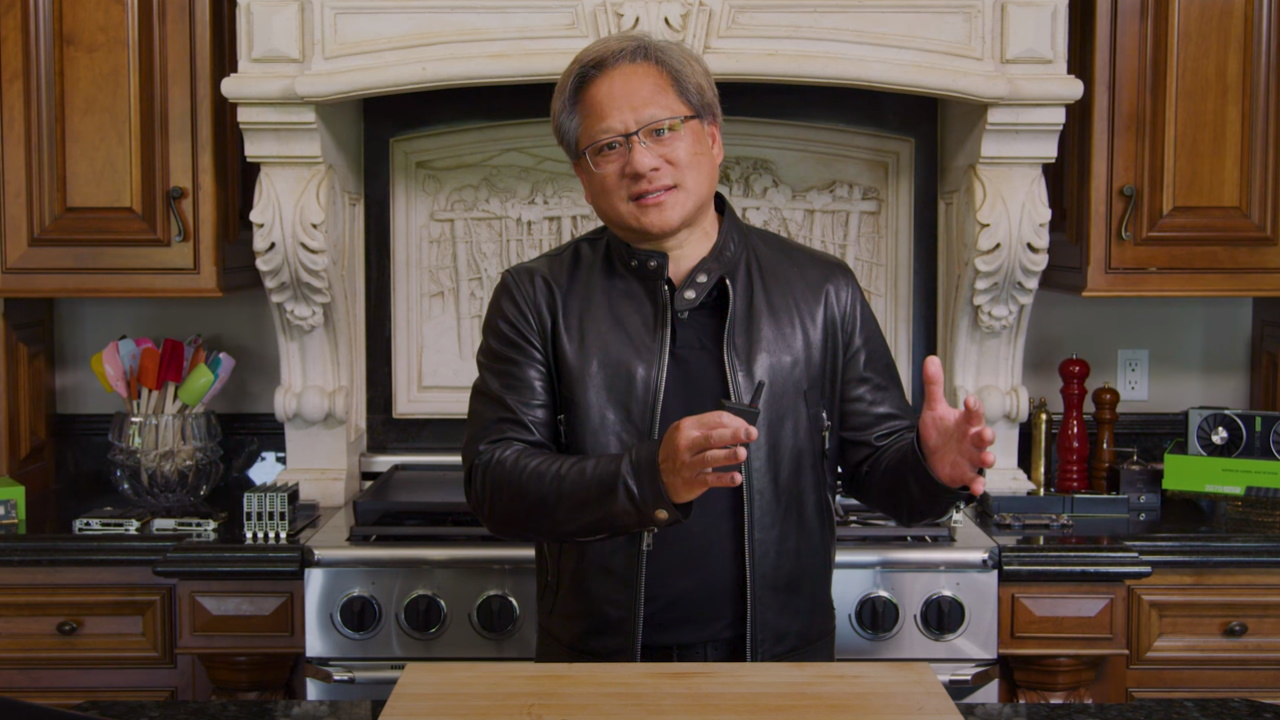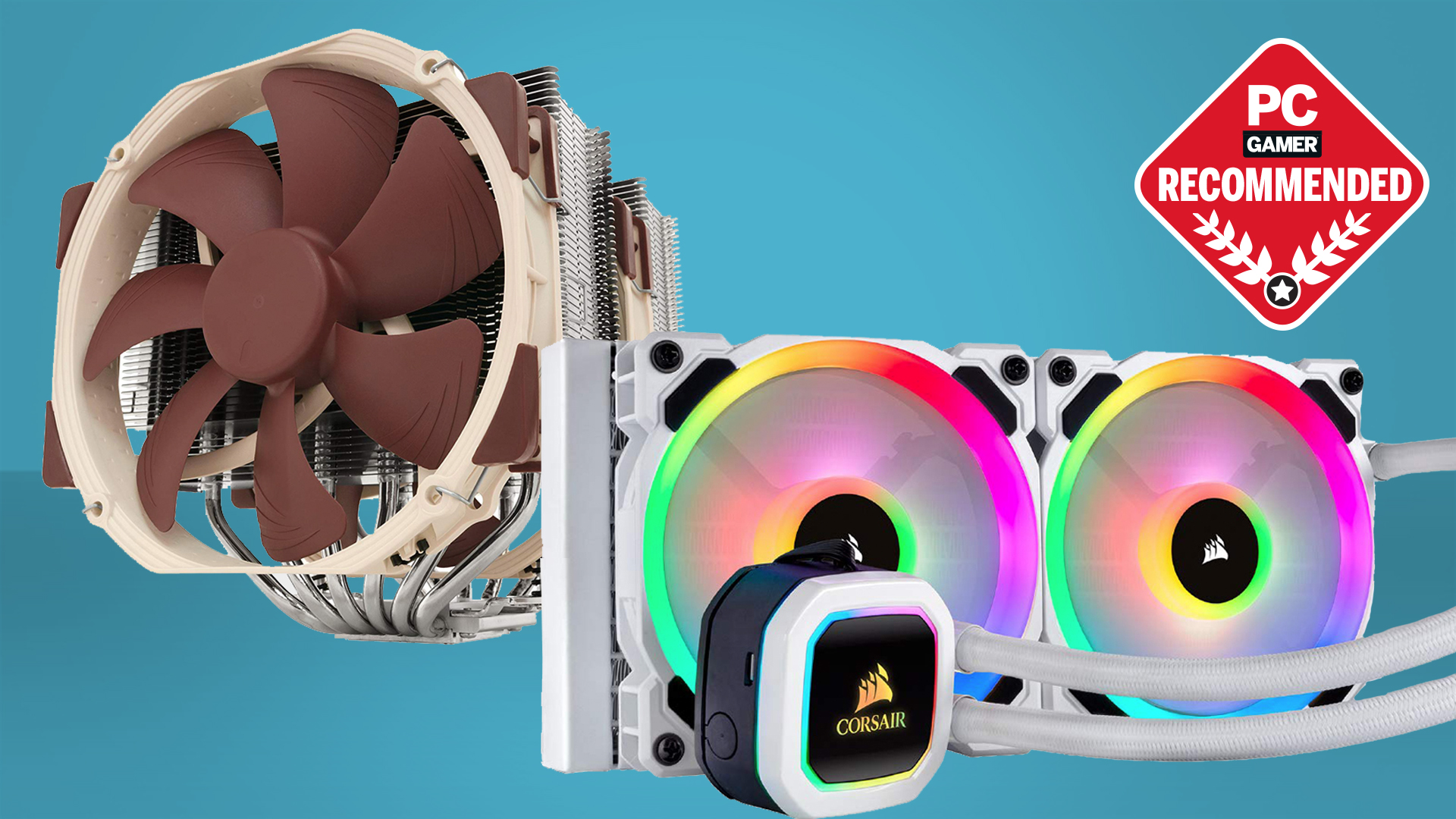You already speak fluent computer code according to Nvidia's CEO
How ChatGPT and its AI brethren are democratising programming.

Keep up to date with the most important stories and the best deals, as picked by the PC Gamer team.
You are now subscribed
Your newsletter sign-up was successful
Want to add more newsletters?

Every Friday
GamesRadar+
Your weekly update on everything you could ever want to know about the games you already love, games we know you're going to love in the near future, and tales from the communities that surround them.

Every Thursday
GTA 6 O'clock
Our special GTA 6 newsletter, with breaking news, insider info, and rumor analysis from the award-winning GTA 6 O'clock experts.

Every Friday
Knowledge
From the creators of Edge: A weekly videogame industry newsletter with analysis from expert writers, guidance from professionals, and insight into what's on the horizon.

Every Thursday
The Setup
Hardware nerds unite, sign up to our free tech newsletter for a weekly digest of the hottest new tech, the latest gadgets on the test bench, and much more.

Every Wednesday
Switch 2 Spotlight
Sign up to our new Switch 2 newsletter, where we bring you the latest talking points on Nintendo's new console each week, bring you up to date on the news, and recommend what games to play.

Every Saturday
The Watchlist
Subscribe for a weekly digest of the movie and TV news that matters, direct to your inbox. From first-look trailers, interviews, reviews and explainers, we've got you covered.

Once a month
SFX
Get sneak previews, exclusive competitions and details of special events each month!
Did you know that you already speak fluent machine code? Turns out human language is now computer programming code. So says none other than Nvidia's outspoken CEO, Jensen Huang.
In an intriguing aside during Nvidia's recent earnings call, Huang riffed on implications of the latest language-based AI models, including ChatGPT. "We now realize—the world now realizes—that maybe human language is a perfectly good computer programming language," Huang observes.
Huang explains how ChatGPT can do tasks it was never intentionally trained for. "It can be prompted in human language, but output Python, output Cobalt, a language that very few people even remember, output Python for Blender, a 3D program. So it's a program that writes a program for another program," he says.
The result will be a new era where everyone can program computers. "We've democratized computer programming for everyone, for almost anyone who could explain in human language a particular task to be performed," Huang says. "This new computing platform, this new computer could take whatever your prompt is, whatever your human-explained request is, and translate it to a sequence of instructions that you process it directly, or it waits for you to decide whether you want to process it or not."

Best CPU cooler: keep your chip chilled in style
Best PC fans: super-silent and plastered in RGB
Best PC cases: big, little, and everything in-between.
It all makes for a very interesting spin on the impact of AI. Much of the speculation typically surrounds the question of AI sentience and the 'ifs' and 'whens' of how we might lose control of our new creation.
But Huang's insight comes at it from precisely the opposite direction. According to Huang, AI language models like ChatGPT are going to do the opposite of AI taking over the human race. Instead, they're the tool we need to perfect our control over the machines.
Of course, both perspectives can hold important truths. Exactly how it all plays out could well turn out to be the defining issue of our times.
Keep up to date with the most important stories and the best deals, as picked by the PC Gamer team.
You can read all of Huang's comments on the matter in Nvidia's recent earnings call transcript.

Jeremy has been writing about technology and PCs since the 90nm Netburst era (Google it!) and enjoys nothing more than a serious dissertation on the finer points of monitor input lag and overshoot followed by a forensic examination of advanced lithography. Or maybe he just likes machines that go “ping!” He also has a thing for tennis and cars.

